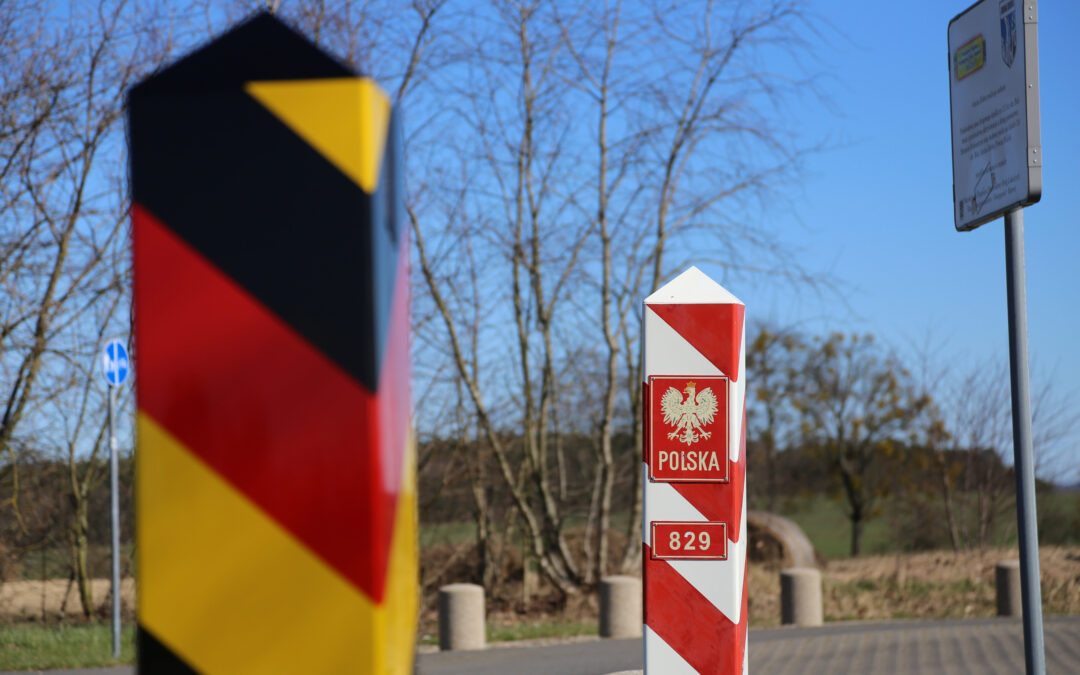Keep our news free from ads and paywalls by making a donation to support our work!

Notes from Poland is run by a small editorial team and is published by an independent, non-profit foundation that is funded through donations from our readers. We cannot do what we do without your support.
For the first time on record, more people are now returning from Germany to Poland than are emigrating in the other direction.
Poland’s rapid recent economic development has made migrating to the West less economically attractive for Poles, and returning to Poland more tempting for the diaspora.
To pierwsza taka sytuacja od 25 lat!
Jak podał 🇩🇪 urząd statystyczny, w 2024 r. więcej Polaków wróciło do naszego kraju z emigracji niż wyjechało do Niemiec.
Trend jest szerszy i dotyczy też innych krajów CEE, ale wobec wyzwań demograficznych to dobre info dla 🇵🇱. pic.twitter.com/EmR972iCAo
— Andrzej Kubisiak (@KubisiakA) July 8, 2025
Data from Germany’s Federal Statistical Office, Destatis, show that, in 2024, 90,807 foreigners (i.e. non-Germans) moved from Germany to Poland while 82,082 migrated in the other direction.
That gave a net migration figure (i.e. arrivals minus departures) of -8,725. That is the first time since Destatis started publishing such data in the year 2000 that the figure has been negative.
While Germany has long been a primary destination for Polish emigrants, numbers rose rapidly after 2011, when Germany fully opened its labour market to workers from Poland and seven other central and eastern European countries that had joined the EU in 2004.
The peak of migration to Germany from Poland came in the years 2012 and 2013, when the net figures were 68,122 and 70,326 respectively. But since then, the numbers have generally been declining.
Tam grafika trochę przekłamuje, tak to wygląda na bezwzględnych danych pic.twitter.com/BAlHQ4FL0n
— Andrzej Kubisiak (@KubisiakA) July 8, 2025
The latest figures have caught the attention of Frankfurter Allgemeine Zeitung (FAZ), a leading German daily.
“Whether in nursing or agriculture, people from eastern Europe have long been a pillar of the German labour market,” wrote the newspaper on Sunday. “But that is changing, as fewer and fewer people are coming from Poland, Romania or Bulgaria to work in Germany.”
A primary driver of this change has been “the economic convergence of east and west in the European Union”, notes FAZ.
Poland’s economy has grown faster than any other EU state over the last three decades, its unemployment rate is one of the lowest in the bloc, and wages have been rising rapidly. In 2023, Poland overtook Spain on the EU’s household wealth index.
Poland has emerged as Europe’s undisputed growth champion over the past 35 years.
In the first part of a new series of articles and podcasts, @AlicjaPtak4 explores the reasons behind Poland's rapid economic development, and the dangers that may lie ahead https://t.co/bW3bnV7Ozn
— Notes from Poland 🇵🇱 (@notesfrompoland) July 7, 2025
“Interest in working abroad has recently declined among Poles,” Mateusz Żydek of employment agency Randstad Polska told news website Biznes Info.
“Short-term migration has completely lost its attraction because, taking into account the cost of living, accommodation and taxes, it turns out that salaries are no longer as attractive as they were just a few years ago,” he explained. “Instead, Polish workers are opting for casual or summer employment in our country.”
Meanwhile, Poland has itself become an increasingly attractive country for immigrants. For the last seven years running, it has issued more first residence permits to people from outside the EU than has any other member state.
However, the current government has introduced a tougher new migration strategy, accusing its predecessor of being too lax on the issue. Labour ministry data show that the 118,000 work permits issued to foreigners in the first four months of this year was 12.5% less than in the same period last year.

Notes from Poland is run by a small editorial team and published by an independent, non-profit foundation that is funded through donations from our readers. We cannot do what we do without your support.
Main image credit: Cezary Aszkielowicz / Agencja Wyborcza.pl

Daniel Tilles is editor-in-chief of Notes from Poland. He has written on Polish affairs for a wide range of publications, including Foreign Policy, POLITICO Europe, EUobserver and Dziennik Gazeta Prawna.



















